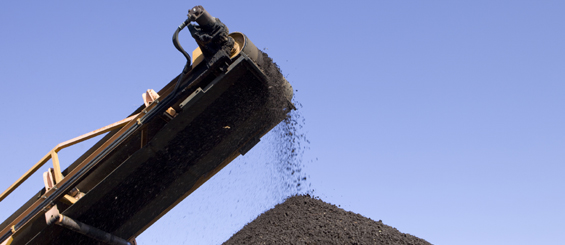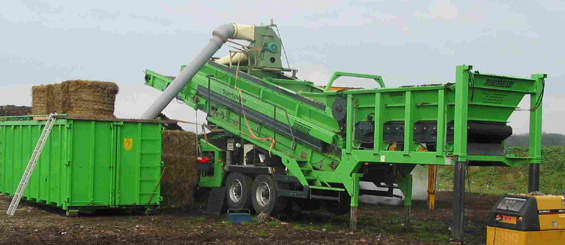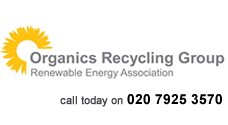Adverts
January 2014 update on PAS 110 review
The formal process to review PAS 110 Specification started in May 2013. REA has been involved and has been engaging with its members throughout the entire process.
A draft PAS 110 was released by BSI for public consultation on 6th December 2013.
A copy of the draft, alongside other supporting documents, can be found at www.organics-recycling.org.uk/PAS110.
The consultation closed on 17/01/2014. REA submitted to BSI a response on behalf of its members. The response can be downloaded from the Organics Recycling Group website (www.organics-recycling.org.uk/PAS110).
The PAS 110 Steering Group will meet on 5th February to discuss the consultationâÂÂs responses and achieve a consensus on the issues raised.
This article highlights the key changes proposed in the draft PAS 110 and REAâÂÂs response to those changes.
Residual Biogas Potential
You may remember that a proposal to refine the limit level for the Residual Biogas Potential test (RBP) from 0.25 to 0.5l biogas/g VS was submitted last November by REA and other trade bodies to the environmental regulators and the PAS 110 Steering Group. The original value was based on RBP data available for cattle slurry, which was the virgin comparator chosen by the UK regulator. The trade bodies argued that pig slurry is a better virgin comparator because of its similarity with food waste derived digestates (hence the proposed value of 0.5 l biogas/g VS based on RBP data available for pig slurries).
The regulator responded to the trade bodiesâ proposal on 27/11/2013, endorsing a refinement of the limit level to 0.4l/kg VS, as a rolling average, with a maximum level set at 0.5l/kg VS. The regulator also agreed that both cow slurry and pig slurry are suitable virgin comparators.
REAâÂÂs members and REA welcomed the environmental regulatorâÂÂs response, as 0.4 l/kg VS is a level that can reasonably be achieved by AD operators and this approach still allows occasional spikes measured at levels up to 0.5 l biogas/g VS.
In summary, the new PAS 110 is therefore likely to include a revised limit level set at a rolling average of 0.4 l/kg VS and a maximum of 0.5 l/kg VS, based on a rolling average approach.
Pasteurisation
1. The draft PAS 110 recognises that there may be some types of non ABP materials (e.g. distillery co-products) that do not need pasteurisation as they have already been subjected to thermal treatments over and above those required in the PAS 110.
1. The draft PAS 110 recognises that there may be some types of non ABP materials (e.g. distillery co-products) that do not need pasteurisation as they have already been subjected to thermal treatments over and above those required in the PAS 110.
2. The draft PAS 110 allows for operators that are only taking non ABP materials to validate/demonstrate the efficacy of alternative thermal treatments different from those specified in the current PAS 110 (e.g. 70 degrees for 1 hour). They will be able to do this by demonstrating reduction/eradication of suitable plant indicator species. These are not specified in the PAS 110.
REA welcomed these two proposed changes.
3. Co-operatives are exempt from the pasteurisation as long as all digestate from a co-operative is only returned to the members of the co-operative.
REA welcomed this proposed change. However there are ongoing discussions about the definition of co-operative. REA highlighted that this definition needs to be robust (not to be abused) and that it is important that digestate users within a co-operative are alerted to the risk of taking non-pasteurised digestates and clearly agree to take this risk.
The BCS is planning to provide more guidance on the interpretation of this requirement.
PTE levels
The draft PAS 110 proposes new limit levels for PTEs based on fresh matter. This issue was extensively discussed before the PAS 110 consultation and most members agreed this approach is the most appropriate. The current approach is based on a dry matter basis, which means that it is very difficult for AD operators to consistently meet these limits as whole digestates and separate liquid fractions have very low dry matter contents.
The draft PAS 110 includes 3 different approaches to the derivation of limit levels for PTEs, all based on a fresh matter basis.
In view of feedback from members, REA supported option 1, which pegs PTE limit levels to total Nitrogen concentrations in digestates. This option ensures that digestates cannot be applied at rates that would cause PTE loadings to exceed those permitted for PAS 100 composts.
Physical contaminant and stones levels
The PAS 110 includes 3 different approaches to the derivation of limit levels for PCs, all based on a fresh matter basis. This is another issue that was extensively discussed before the PAS 110 consultation and most members agreed this approach is the most appropriate. The current approach is based on a dry matter basis, which results in an array of different levels being applied based on the dry matter of the digestate [to put this into context, under the existing standard assuming worst case of 1% nitrogen, an AD operator could apply 125kg/ha of physical contaminants if the digestate had a dry matter of 10%; this compares to just 12.5kg/ha if the digestate had a DM of 1%.].
Unfortunately, in light of the views expressed by REAâÂÂs members, REA is unable to support any of the options specified in the draft PAS 110 in their entirety. REA is concerned that Option 2, which is the most supported by members, allows for excessive amounts of physical contaminants and stones to be applied to land which may be detrimental to the digestate quality and undermine the end usersâ confidence in PAS 110 digestates. An operator member of REA has put forward an amended version of option 2 which allows for lower contaminants loadings to be applied to land. This option will be discussed at the next PAS 110 Steering Group meeting.
Other changes
In its response to the consultation, REA made a number of other recommendations related to proposed changes in addition to those described above. If you would like to find out about those, please read REAâÂÂs response at www.organics-recycling.org.uk/PAS110 or contact Kiara (07717 294793, Kiara@r-e-a.net).
In its response to the consultation, REA made a number of other recommendations related to proposed changes in addition to those described above. If you would like to find out about those, please read REAâÂÂs response at www.organics-recycling.org.uk/PAS110 or contact Kiara (07717 294793, Kiara@r-e-a.net).
visitor comments
Members' Area
Become a Member!
Join the Organics Recycling Group at the Renewable Energy Association by clicking below.
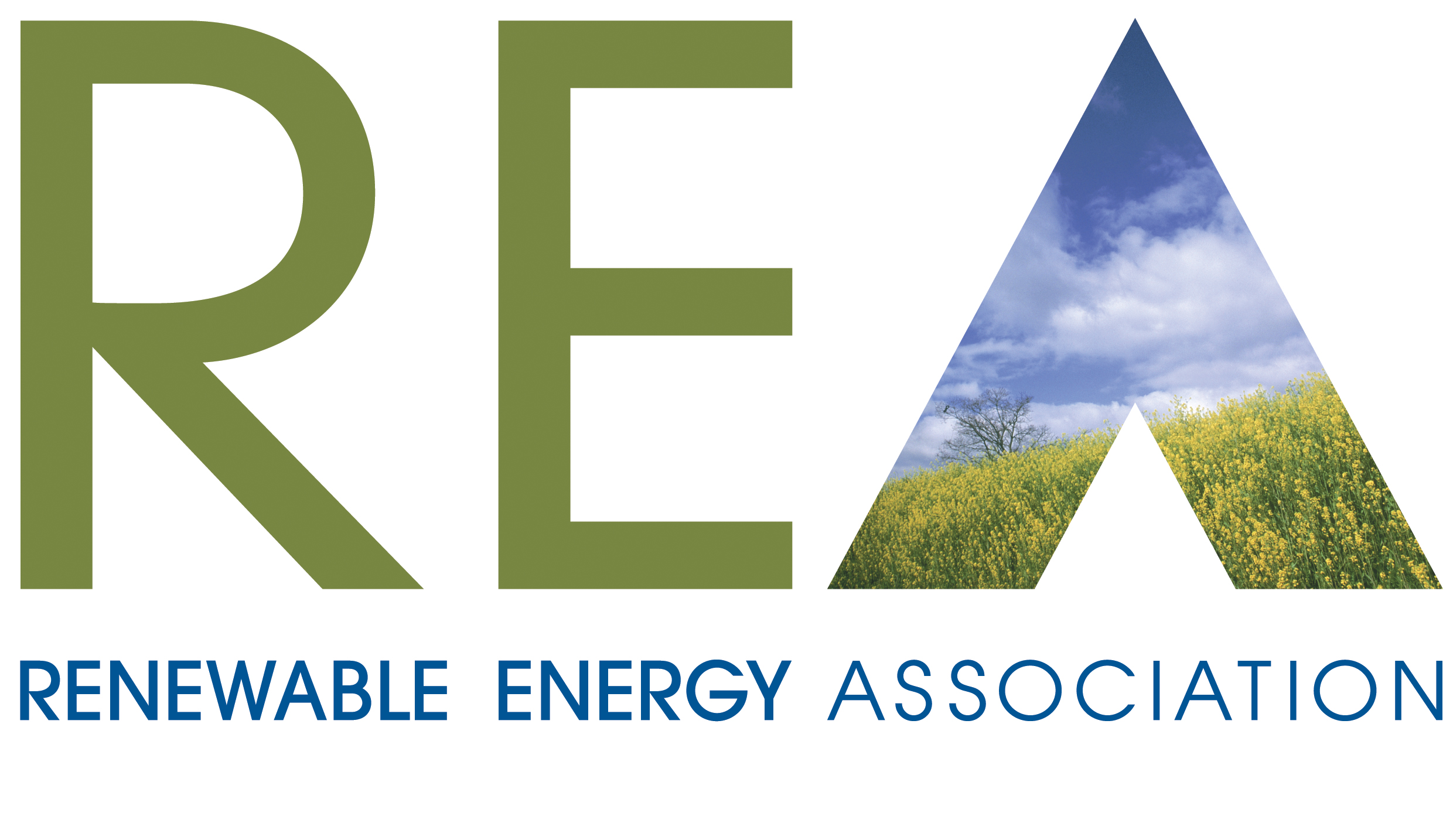



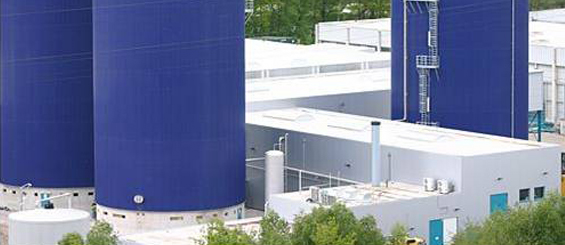
.jpg)
